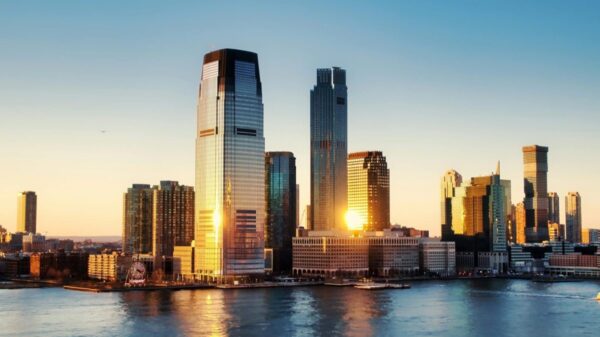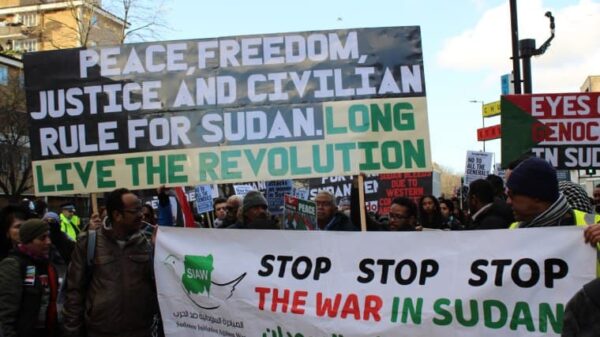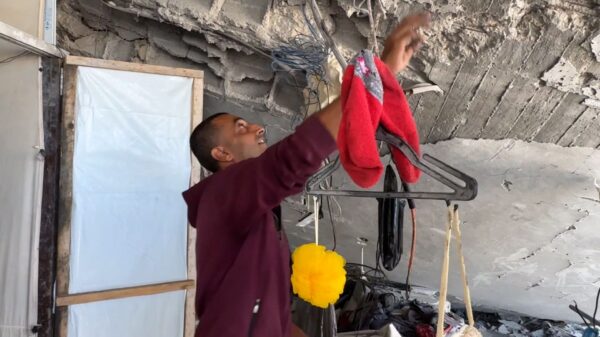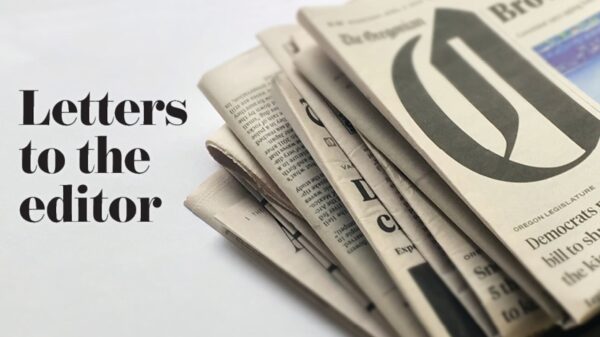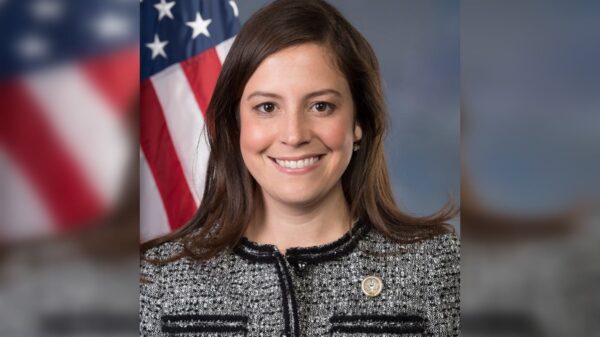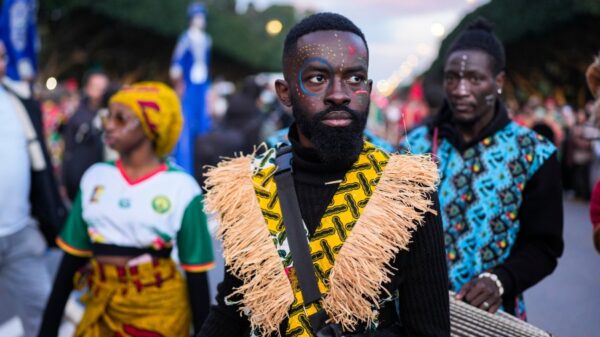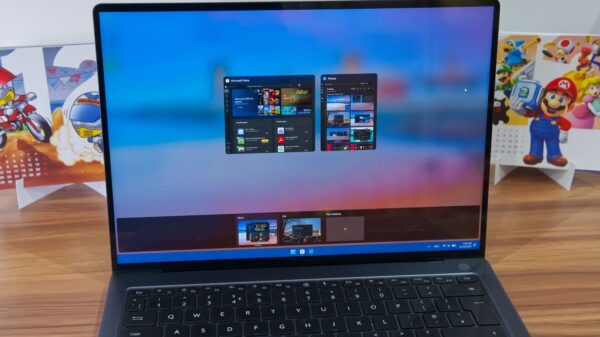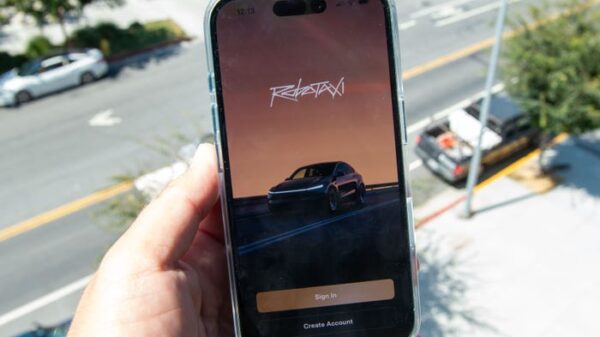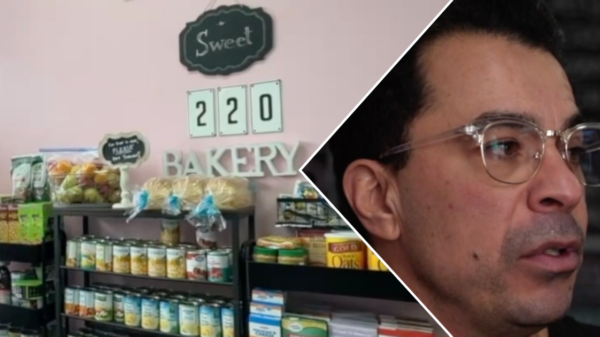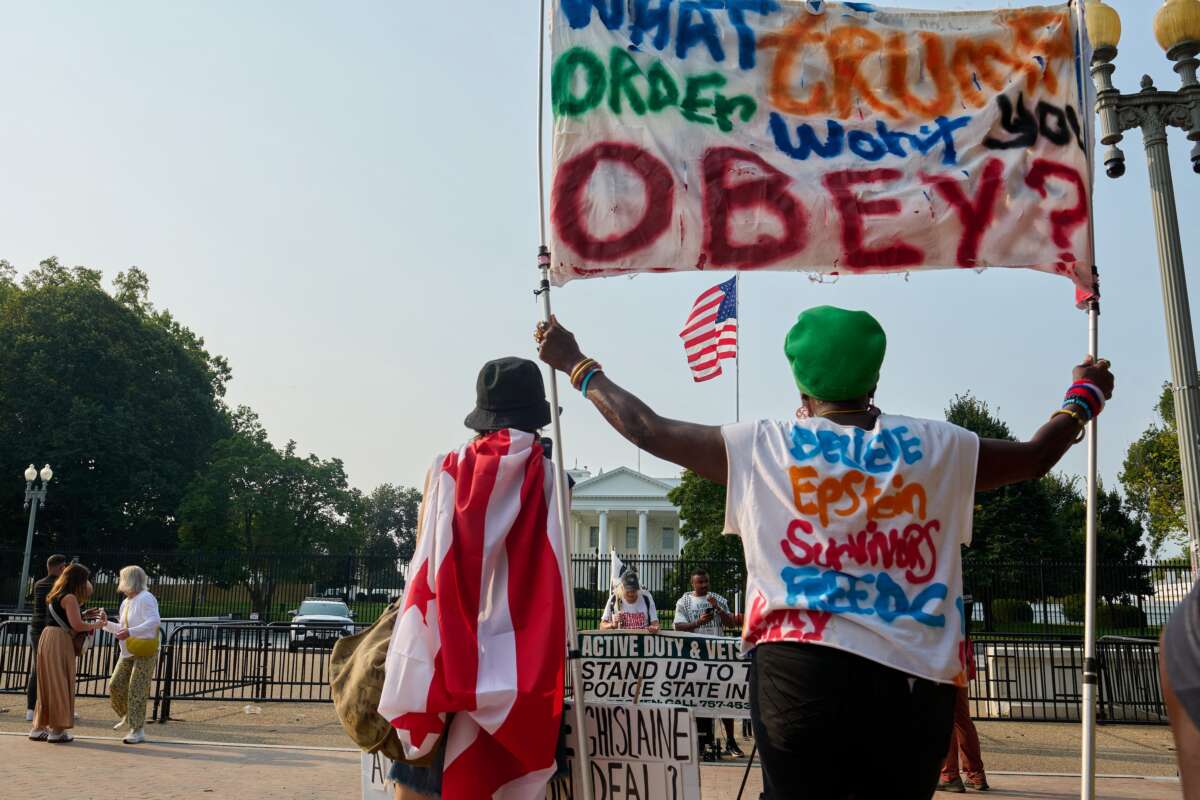President Donald Trump’s recent deployment of National Guard troops and Immigration and Customs Enforcement (ICE) agents to Washington, D.C., has ignited significant opposition from Black activists across the United States. The mobilization, perceived by many as a militaristic approach to governance, has catalyzed protests and organizing efforts, particularly in cities like Chicago and D.C., where local communities are bracing for intensified federal presence.
In Chicago, where the threat of deployment looms large, activists are responding with urgency. On September 6, 2025, a mass protest highlighted community concerns about what many see as an unjustified escalation of policing. The focus of this resistance is heavily influenced by long-standing critiques of policing practices, particularly in Black neighborhoods.
Grassroots Resistance Takes Shape
Leading the charge in D.C. is NeeNee Taylor, co-founder and executive director of Harriet’s Wildest Dreams, a community defense organization. Taylor, who has been active in the fight against federal policing, argues that Trump’s claims of rising crime are unfounded and serve as a pretext for increased surveillance and control. “Trump is at the point where he wants to make [up] numbers,” she stated. “D.C. is already overpoliced.”
Research by scholars, such as Daanika Gordon of Tufts University, supports these claims. Gordon’s 2020 study revealed that predominantly Black neighborhoods experience both excessive surveillance and inadequate emergency services. Taylor echoed this sentiment, emphasizing that over 32 agencies already oversee D.C.’s policing.
As Trump introduces approximately 2,000 additional National Guard troops into the streets of D.C., community members are expressing their fears. Taylor described instances of individuals being unjustly targeted: “We have people just being snatched off of their mopeds… just trying to do Uber Eats,” she said. This kind of disproportionate targeting is a common concern among activists.
Building Networks of Support and Solidarity
In Chicago, activist Richard Wallace, founder of Equity and Transformation (EAT), emphasizes the need for preparedness in light of Trump’s aggressive tactics. Wallace views the deployments as an assault on vulnerable communities, particularly in historically Black neighborhoods. He believes that the current situation reflects broader systemic issues within the U.S. that have long marginalized Black individuals.
Both Taylor’s and Wallace’s organizations are mobilizing community members to respond effectively to these federal actions. Taylor’s group has initiated training programs for activists, focusing on legal rights when confronted by federal agents. Their “court watch” program, which began in 2021, allows community members to observe legal proceedings to ensure accountability within the judicial system. Recently, they have trained over 500 new volunteers to assist in these efforts.
Wallace highlights the importance of community care and mutual aid. His organization is preparing for “rapid response actions” throughout Chicago, ensuring that community networks are equipped to handle potential confrontations with federal authorities. “We’re going to disseminate the Know-Your-Rights information at every liquor store, every sneaker spot,” he explained, aiming to reach those most affected by these policies.
Moreover, solidarity between Black and immigrant communities is a crucial aspect of their strategy. Collaborating with organizations like the Illinois Coalition for Immigrant and Refugee Rights (ICIRR), they aim to create an inclusive front against federal overreach.
As federal police presence increases in cities with significant non-white populations—such as Los Angeles and Baltimore—activists are drawing parallels to local policies that prioritize policing over community welfare. Taylor pointed out that these actions coincide with cuts to essential social programs, indicating a troubling trend where public safety is sacrificed for political control.
In response to the ongoing challenges, Wallace’s organization has initiated the Chicago Future Fund, a guaranteed income pilot aimed at supporting formerly incarcerated individuals. This program reflects a broader “Invest-Divest” approach, advocating for investment in community resources rather than policing.
Activists like Taylor and Wallace are determined to challenge the narrative that links policing with public safety. They argue that addressing wealth inequality and providing community support are far more effective strategies for reducing crime. “If our community lacks safety, then we need to be building the alternatives for them,” Wallace stated.
Ultimately, the actions taken by Trump’s administration are seen as an attack on democracy itself. Taylor succinctly summarized the situation: “Federal police deployments are nothing about safety; it’s about Trump wanting to control the United States of America in a dictatorial way.” As communities in D.C. and Chicago continue to organize and resist, they embody a growing movement committed to redefining public safety and justice.

